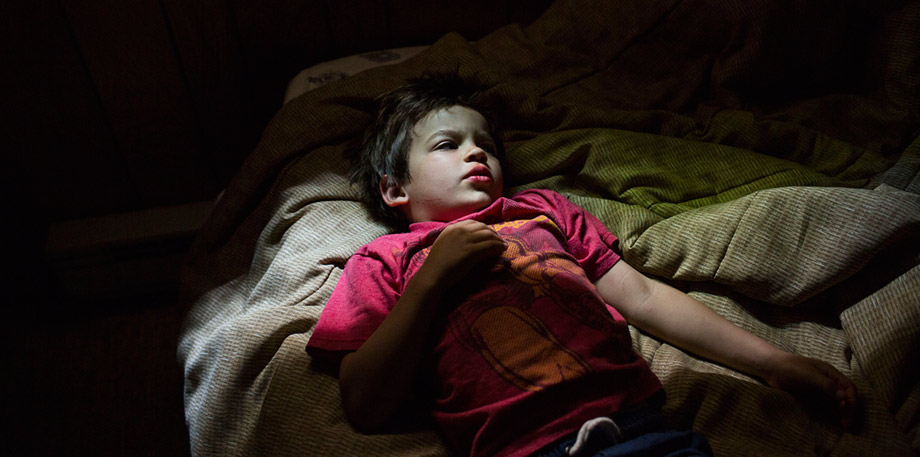
THIS ARTICLE IS MORE THAN FIVE YEARS OLD
This article is more than five years old. Autism research — and science in general — is constantly evolving, so older articles may contain information or theories that have been reevaluated since their original publication date.
People with autism are twice as likely to carry alterations in genes that regulate the circadian clock, or the body’s sleep-wake cycle, as those without the disorder. The findings, published 6 May in Brain and Development, may help to explain why most children with autism have troubled sleep1.
Insufficient sleep is known to exacerbate the core symptoms of autism, such as social deficits and repetitive behaviors. The new findings suggest that the relationship between sleep and autism may have genetic roots.
“Sleep disturbance seems to be a main feature of autism,” says lead researcher Takanori Yamagata, professor of pediatric developmental medicine at Jichi Medical University in Shimotsuke, Japan. “My hypothesis is that some circadian genes may be related to some of the genetics of autism.”
To investigate this potential link, Yamagata and his team sequenced 18 genes known to govern the body’s day-night rhythms in 28 children and adults with autism, half of whom have sleep disorders, as well as 23 controls.
They identified a total of 68 mutations in 15 of these genes. About half of the mutations are ‘silent,’ which means they have no effect on the proteins the genes encode. But the other half are ‘missense’ mutations that disrupt the corresponding protein sequence. Nine of the mutations had never been reported before, Yamagata says.
People in the autism group have about twice as many mutations in circadian genes as do members of the control group, regardless of whether they have a sleep disorder.
Within the autism group, the researchers found seven missense mutations among individuals who have sleep disorders and the same number in those who sleep normally. By contrast, just one person in the control group carries a missense mutation in a circadian rhythm gene.
“We detected many mutations only in patients with autism, but almost nothing in the control group,” Yamagata says. “So I think these genes relate to some pathophysiology of autism.”
The researchers then used three types of computer algorithms to predict the impact of the missense mutations on the gene’s function. They found that 25 of the 33 missense mutations are likely to be benign, but 8 appear to be damaging.
One of the analyses found more damaging mutations in the individuals with autism who have sleep disorders than in those who sleep normally.
But the algorithms did not agree on which mutations are likely to be harmful. “Some of these virtual programs may reflect real damage, but they are not perfect,” Yamagata says.
The researchers are investigating whether these eight mutations in circadian genes interfere with brain development in mice. They’re starting with a mutation in a gene called TIMELESS that they found in a 9-year-old boy with autism who sleeps all day and stays awake all night. The boy’s mother, who also struggles with sleep but does not have autism, has the same mutation.
The results of these mouse studies may help elucidate the genetic relationship between sleep and autism.
“It is not yet clear exactly what the basis of this interaction is,” says Mustafa Sahin, associate professor of neurology at Harvard Medical School, who was not involved in the study. “It will be very interesting to further investigate the effects of these sequence variations.”
References:
1. Yang Z. et al. Brain Dev. Epub ahead of print (2015) PubMed
By joining the discussion, you agree to our privacy policy.